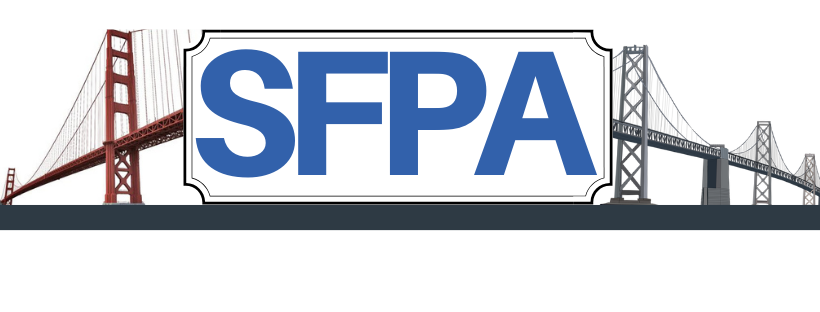At the Lectern
July 9, 2017
It’s been four months since Justice Kathryn Werdegar announced her retirement. There’s been speculation about whom Governor Brown will appoint to take Justice Werdegar’s seat, but not as much discussion about when an appointment will be made.
Will there be a replacement on the Supreme Court before the court’s next oral argument calendar, which will take place during the first full week of September? Or will there be a new parade of pro tem justices from the Court of Appeal to temporarily fill the vacancy, as there was following Justice Joyce Kennard’s retirement three years ago?
A lot depends, of course, on when the Governor is ready to name the new justice. But there’s also the issue of when he has the authority to make an appointment.
Justice Werdegar may have announced her retirement a while ago, but it will not be effective until the end of next month. The constitution provides that “[t]he Governor shall fill vacancies in [the Supreme Court] by appointment” (emphasis added) and that the appointment “is effective when confirmed by the Commission on Judicial Appointments.”
There’s no vacancy now. Can the Governor make — and the Commission confirm — an appointment to fill an impending vacancy? If not, then Governor Brown will have to put his appointment on hold until after August 31, and the court will start its new term short one permanent justice.
However, an almost-40-year-old Court of Appeal opinion indicates that there’s no need to wait. In that case, concerning a municipal court seat, the court held, “unless expressly forbidden by statute, the Governor is empowered to make an appointment to judicial office to fill an impending vacancy, provided he or she is still in office at the time vacancy occurs and the commission becomes effective.” (Morrison v. Michael (1979) 98 Cal.App.3d 507, 514.)
It would be better to have a full-strength Supreme Court come September, and there doesn’t appear to be any legal impediment to Governor Brown making that happen.
News and commentary on the practice of law before the California Supreme Court.
This blog is maintained by Horvitz & Levy LLP, the nation's largest law firm devoted exclusively to appellate litigation.

